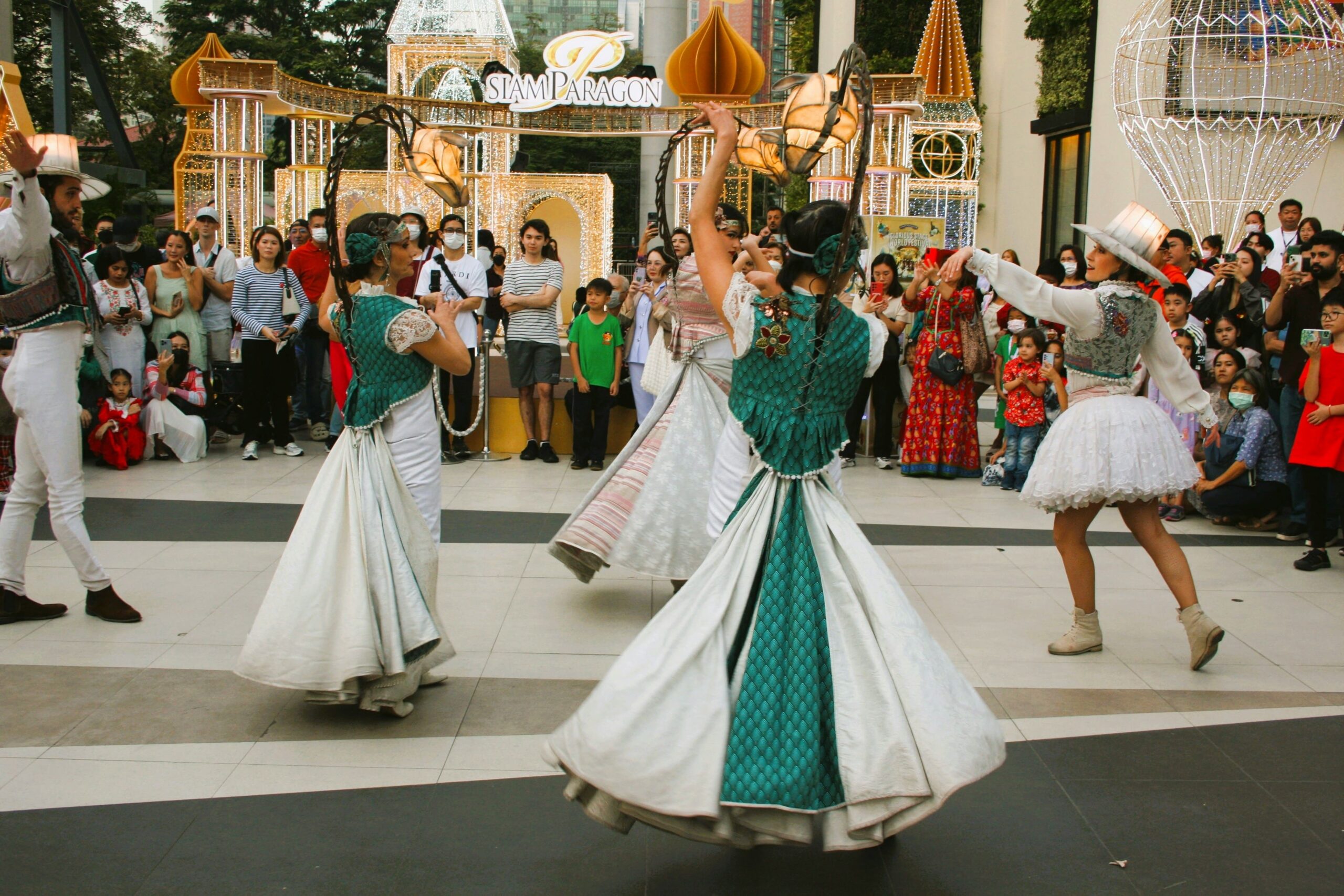Introduction
Cultural festivals and Global Function are more than a few moments of happiness – they are reflections of traditions, history and diversity in human society. All over the world, World Programs provide opportunities for local communities to come together, celebrate shared values and preserve the cultural heritage. From religious festivals to seasonal and national holidays, each festival is unique. Reporting on Culture Festivals allows people to contact global cultures, understand social values and be informed of world programs. This article examines the prosperity of the Global ceremony and highlights some of the most prestigious cultural festivals around the world.
Popular Culture Festival all over the world
Each region has its own set of cultural festivals that show traditions, beliefs and common practices. In India, for example, Diwali is celebrated as a light festival, which symbolizes the victory of light over the dark. Christmas, celebrated all over the world, emphasizes family, gear and spiritual reflection. Eid -ceremonies bring Muslim communities together for faith and gratitude. Hanukka illuminates the Jewish traditions, while Chinese marks New Year’s renewal and prosperity. These cultural festivals not only provide colorful celebrations, but also promote global ceremonies that cross national boundaries and promote cross -cultural understanding
Unique regional world program
In addition to popular festivals, many fields host unique world programs that attract international attention. La Tomatina from Spain, an unstable tomato finger festival, attracts thousands of participants annually. Rio Carnival of Brazil is known for its extraordinary parade, samba dance and lively costumes. India’s Holi festival, known as the Festival of Colors, celebrates spring arrival with live powder and societal ceremonies. Each of these cultural festivals contributes to global function by highlighting local traditions, art forms and customs, so that people all over the world can appreciate cultural diversity.
Culture Festival in modern times
In today’s mutual connected world, Cultural Festivals are influenced by globalization, media and technology. Social media platforms allow the festivals to be shared immediately, which world events are available to the public everywhere. Virtual functions and hybrid events have emerged, especially in travel restrictions or global crises. Despite modernization, the essence of cultural festivals remains intact, and emphasizes social participation, inheritance protection and joyful celebration. Modern global function balances traditional rituals with modern participation, ensuring that these world programs remain relevant and attractive to all generations.
World events Economic and Social Influence

Culture Festival and Global Function play an important role in economics and society. Festivals promote tourism, generate revenue for local businesses, hotels and restaurants. International travelers often plan trips around iconic world events, leading to global performance to host cities. Socially promotes these cultural festivals, society’s unity, intermittent conditions and cultural awareness. They encourage the preservation of traditions, strengthen society’s cultural quarrels, and promote social interaction and understanding.
Local ceremonies and individual traditions
While the global coverage of world events informs people around the world, local features have a personal touch. Families with traditional food, music, dance and dress can have unique ways to see cultural festivals. For example, thanks to the United States, families gather for a shared food and explicit gratitude, while in Japan, Cherry Blossom brings the Festival community for Hanmi picnic and cultural praise. These localized practices global ceremonies enriching, saying that even within the broad world programs, individual and regional traditions remain central to cultural identity
Protect the inheritance through Culture Festivals
The importance of cultural festivals is outside the celebration – they are important to preserve heritage and pass traditions for future generations. Documentation and reporting world events ensure that this practice survives, even in the rapidly changing world. Schools, cultural organizations and media coverage help maintain awareness and participation. By supporting global ceremonies, society strengthens its historical stories, social values and artistic expressions, so that both local and international target groups can appreciate the depth of the cultural heritage.
Conclusion
Culture Festival, Global Ceremony and World Program Lights overall diversity, creativity and shared human spirit around the world. From traditional religious ceremonies to modern international celebrations, these events promote understanding, unity and happiness. Reporting cultural festivals not only informs the audience, but also strengthens social bonds and preserves inheritance. By celebrating these world programs, individuals and communities continued to respect the traditions of embracing the developed nature of global culture. These global features remind us that despite geographical and cultural differences, human conditions and festivals are universal

